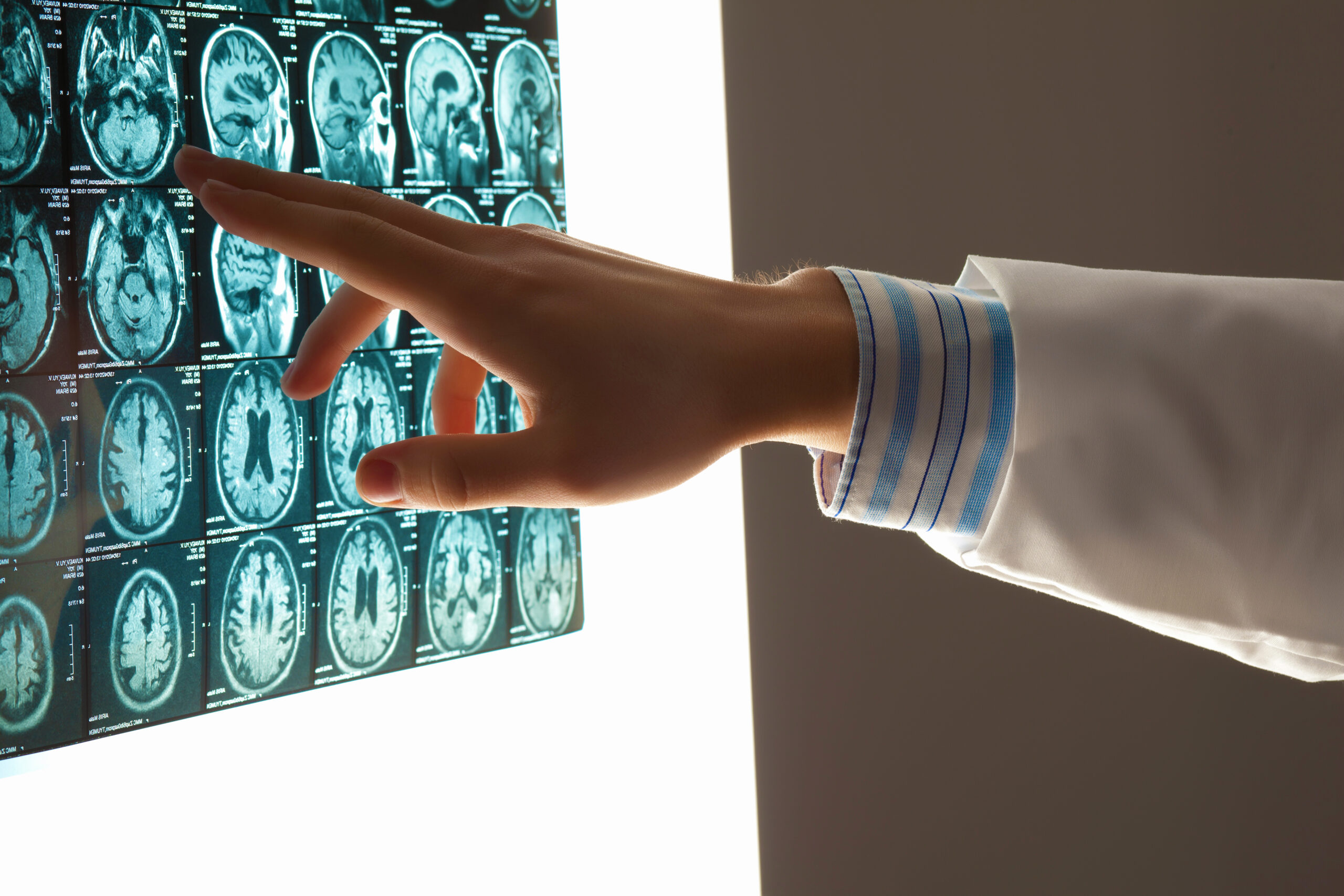The Impact Of Personal Injury On Mental Health

Understanding the Emotional Aftermath of Injury
In the realm of personal injury, much emphasis is placed on physical recovery, yet the mental and emotional impacts are often overlooked. It’s vital to recognize that physical trauma can be intertwined with psychological distress. This understanding is crucial in advocating for the holistic well-being of our clients.
When an individual suffers a personal injury, it’s not just their physical health that’s affected. The incident can leave a lasting imprint on their mental state. The trauma of the event, coupled with the stress of recovery, can lead to mental health challenges like anxiety, depression, and post-traumatic stress disorder (PTSD).
Legal Framework and Mental Health Considerations
From a legal perspective, these mental health consequences are just as significant as physical injuries. However, proving the extent of psychological harm can be more challenging. Unlike physical injuries, where X-rays and medical reports can offer concrete evidence, mental health issues require a different approach.
In personal injury cases, it’s important to have a comprehensive understanding of how mental health impacts are evaluated and proven in court. This often involves collaborating with mental health professionals who can provide expert testimony on the psychological effects of the injury. Their insights can be pivotal in substantiating claims of emotional distress and mental anguish.
Supporting Clients Through the Recovery Process
The role of a Personal Injury Lawyer role extends beyond the courtroom. It involves being an ally to our clients as they navigate the complexities of their recovery journey. This includes ensuring they have access to appropriate mental health resources and support systems. Encouraging clients to seek professional such as those at Hall-Justice Law Firm LLC help for their mental health struggles is not just about building a case; it’s about their overall well-being.
It’s also important to acknowledge the emotional toll that the legal process itself can have on individuals. Navigating insurance claims, medical treatments, and legal proceedings can be overwhelming. Offering guidance and reassurance throughout this process can alleviate some of the mental burdens our clients face.
The Intersection of Physical and Mental Recovery
The link between physical and mental recovery is undeniable. Often, as clients start to heal physically, their mental health begins to improve as well. However, this is not always a linear process. Setbacks in physical recovery can exacerbate mental health struggles, and vice versa.
This interconnected nature of physical and mental health underscores the need for a holistic approach to personal injury cases. Legal practitioners must consider the full spectrum of our client’s experiences – both physical and psychological – to effectively advocate for their needs.
Advocating for Comprehensive Compensation
Ultimately, the goal is to secure fair compensation that acknowledges all aspects of the client’s suffering, including their mental health. This involves meticulously documenting the psychological impact of the injury and its repercussions on the client’s daily life. Compensation should not only cover medical expenses and lost wages but also account for emotional distress and diminished quality of life.
The impact of personal injury on mental health is a critical aspect that demands attention and empathy. Legal professionals have the responsibility to advocate for clients’ comprehensive recovery. Recognizing and addressing the psychological effects of personal injury is not just about winning cases; it’s about ensuring clients’ holistic well-being and helping them find a path to a fuller, more satisfying life post-injury.
